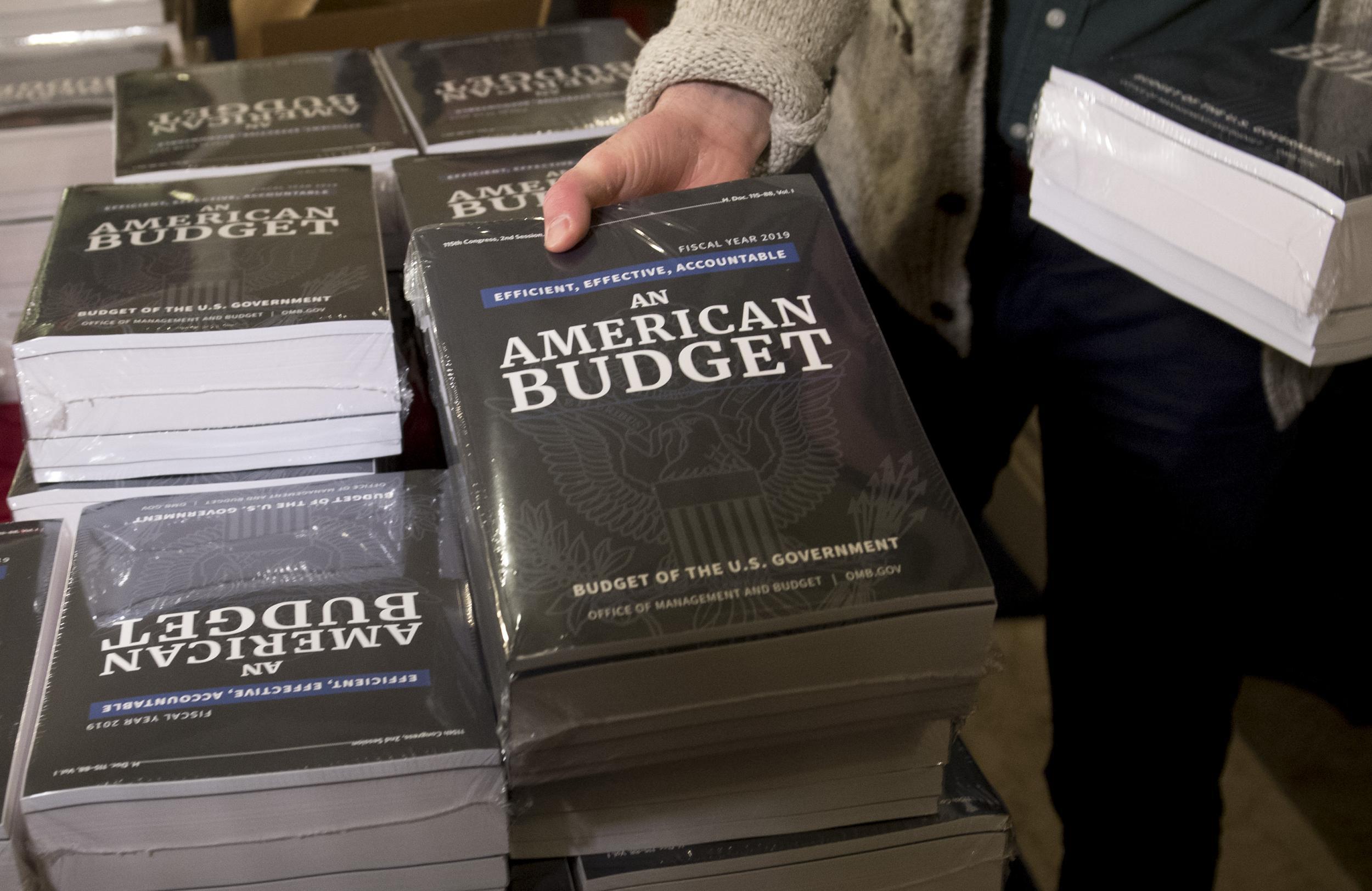Donald Trump's budget proposal includes major cuts to environmental programmes
Congress must still approve the budget

US President Donald Trump’s budget includes the elimination or steep cuts to several environmental programmes.
This is despite a deal made in Congress last week which added hundreds of billions of dollars in new, general funding to the federal budget.
Congress must still approve it but the President’s proposed budget reflects many of the priorities outlined in the first proposal submitted last April, called the “skinny budget,” which focused heavily on military spending.
The programmes that could be cut are part of the administration’s strategy to “refocus” the Environmental Protection Agency (EPA) on “core activities” and push much of that work to the state and local level but also includes eliminating related programmes in other agencies.
The Climate Change Research and Partnership, Indoor Air and Radon, the Marine Pollution and National Estuary, Beaches, and Environmental Education programmes could all be terminated pending Congressional approval.
The budget for the EPA was expected to be cut by close to 31 per cent per the "skinny budget" - this proposal outlined a 34 per cent or $2.8bn cut.
But, members of both parties in Congress had expressed strong opposition to de-funding programmes that dealt with hazardous materials, flood insurance, and Superfund sites.
The President's budget still proposed deep cuts to funding for cleaning up the country's most polluted sites and responding to environmental emergencies, oil spills and natural disasters, even as EPA Administrator Scott Pruitt said that the Superfund programme is one of his top priorities.
The proposed allocation is only $762 million for the Hazardous Substance Superfund Account, which is a reduction of nearly 30 per cent.
Despite the cut, the White House said the administration planned to "accelerate" site cleanups by bringing "more private funding to the table for redevelopment."
The agency's Superfund programme came into the spotlight in the wake of Hurricanes Harvey and Irma, which hit Texas and Florida quite hard.
An EPA official told the newspaper that the buyouts were designed to protect staff jobs in disaster response, however when the Associated Press visited a Superfund site in Houston after Hurricane Harvey, no staff were there for cleanup.
The EPA said the sites were inaccessible to its response team and issued a press release attacking the Associated Press reporter who wrote the story.
However, environmental and specifically climate change-related research is not strictly limited to the EPA.
At the Department of Energy (DOE), the Office of Energy Efficiency and Renewable Energy's budget would be slashed and the Advanced Research Projects Agency (Arpa-E) is also on the chopping block.
10 photographs to show to anyone who doesn't believe in climate change
Show all 10Arpa-E’s mandate, according to its website, is to advance “high-potential, high-impact energy technologies that are too early for private-sector investment. Arpa-E awardees are unique because they are developing entirely new ways to generate, store, and use energy.”
This would likely have a negative impact in funding renewable energy projects research despite the administration’s apparent push to include the private sector more in large-scale programmes.
The proposed cuts follow suit with the administration overturning what were seen as gains by environmental advocates under former President Barack Obama; starting the withdrawal process from the Paris Agreement on climate change and repealing the Clean Power Plan (CPP), chief among them.
The Paris accord was signed by nearly 200 countries in an effort to curb carbon emissions and contain global warming to 2 C.
Power plants account for almost 40 per cent of the country’s emissions - greater than every car, truck, and plane combined - and if left in place, the CPP would have reduced power plants’ carbon emissions by 2030 by a third of what they were in 2005.
Stan Collender, a budget expert and public policy professor at Georgetown University, told E&E News that “the president's budget does not need to be enacted, it just needs to be proposed," adding that he does not expect the steepest cuts to be approved by Congress.
Subscribe to Independent Premium to bookmark this article
Want to bookmark your favourite articles and stories to read or reference later? Start your Independent Premium subscription today.

Join our commenting forum
Join thought-provoking conversations, follow other Independent readers and see their replies